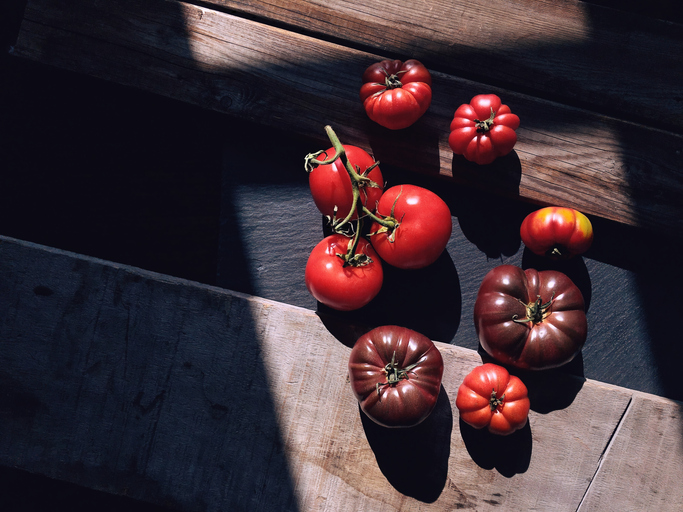Remember all the pictures you've seen of large families gathered around a huge roasted turkey for the Thanksgiving holiday?
"That's just not the way families celebrate anymore," said Doug Bachtel, a professor with the University of Georgia's College of Family and Consumer Sciences.
Bachtel said today's Georgia families are smaller and more separated. So holiday gatherings just aren't as large.
"Overall, there's been a decline in family size in Georgia over the past five to six years," he said.
Nearly 60 percent of Georgia's growth is from people moving into the state. That means these people have probably left some family behind, he said.
Stan Savage, a poultry specialist with the University of Georgia Extension Service, said most small families can roast a large chicken instead of a turkey. That's sure to make turkeys thankful.
"Farmers send turkeys to the market when they reach about 20 pounds," he said. "That's a big bird for a four-person family."
A six- to eight-pound roaster chicken will easily serve four people and have a little left over, he said, "depending on their holiday appetite."
That's something farmers can be thankful for, too.
Georgia farmers don't raise turkeys anymore. "The last of the turkeys grown in the state were shipped out for processing in late summer," Savage said.
"We're seeing farmers who used to raise turkeys," he said, "switching their production facilities over to chickens instead."
Demand for poultry and poultry products is on the rise, forcing processors to look for more poultry farmers to satisfy that demand. Georgia farmers produce about 21 million chickens every week.
Farmers allow about 5 percent of those birds to grow to roaster size. That adds up to about a million roasters grown in Georgia every week.
Another option for family chefs is buying just the turkey parts you want. Only about one-third of U.S.-grown turkeys make it to a family table as a whole bird. The rest, Savage said, are processed for hospitals', schools' and restaurants' use.
When processors cut up the turkeys, they also prepare some parts for retail sale.
"It's reasonable for grocery shoppers to buy only a turkey breast or drumstick if that's the meat they prefer," Savage said.
The best early holiday gift for the chef and clean-up crew, then, is less meat left over.
No matter how much you have left over, though, store it carefully. Judy Harrison, an extension foods specialist, said to divide leftover meat into small, shallow containers.
"Turkey will keep safely for three to four days in the refrigerator," she said. "But be sure to heat it thoroughly to 165 degrees before serving it again."
Your county extension agent can tell you more about turkey food safety guidelines.






